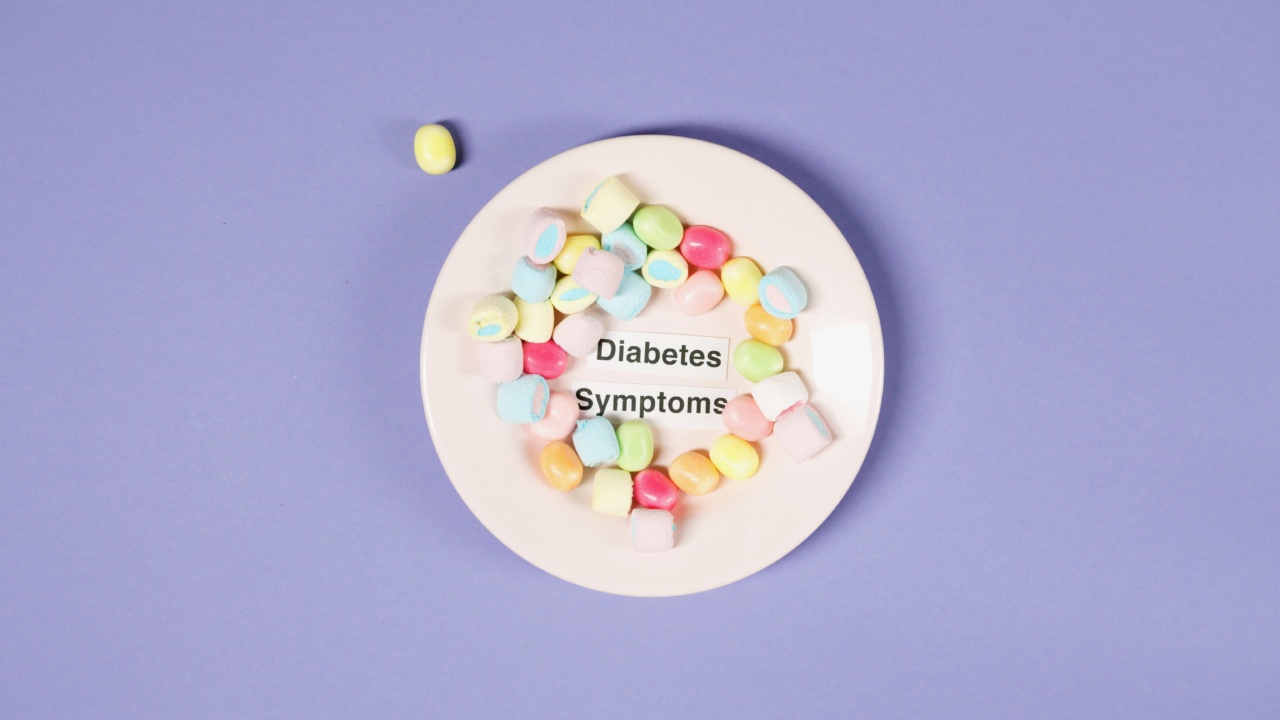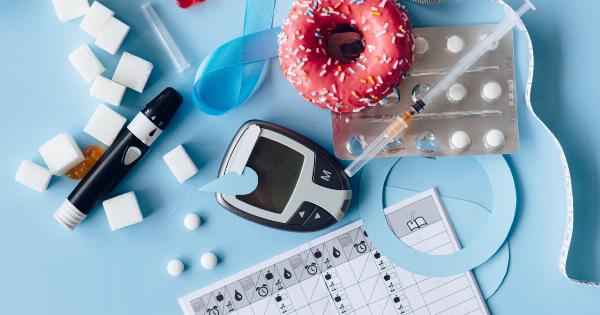Polycystic Ovary Syndrome (PCOS) is a condition that affects millions of women all around the world.
PCOS is a hormonal disorder that affects the reproductive system and causes a number of symptoms, including infertility, weight gain, acne, and excessive hair growth. Fortunately, a healthy diet, coupled with lifestyle changes, can help manage these symptoms.
What is PCOS?
PCOS is a chronic hormonal disorder that affects women of reproductive age. It disrupts the normal functioning of the ovaries and elevates the production of androgens, which are male hormones.
Women with PCOS may experience a range of symptoms, including:.
- Irregular periods
- Excessive hair growth on the face and body
- Acne
- Weight gain
- Difficulty getting pregnant
- Ovarian cysts
The exact cause of PCOS is unknown. However, a combination of genetics, insulin resistance, and inflammation may contribute to its development.
How Diet can Manage PCOS Symptoms?
One of the most effective ways to manage PCOS is through diet. Certain foods can help regulate insulin levels and improve insulin sensitivity, which is crucial for women with PCOS. Here are some dietary changes that can help manage PCOS symptoms:.
1. Eat Low-Glycemic Foods
Women with PCOS are usually insulin resistant, which means their bodies cannot handle glucose properly. Eating foods that have a low glycemic index can help manage insulin resistance.
Low glycemic index foods include whole-grain bread, brown rice, oats, and most fruits and vegetables.
2. Increase Protein Intake
Protein is an essential macronutrient that can help regulate insulin levels and reduce appetite. Eating protein-rich foods can help women with PCOS lose weight, manage insulin resistance, and improve their overall health.
Good sources of protein include lean meats, fish, poultry, eggs, and low-fat dairy products.
3. Include Healthy Fats
Healthy fats, such as omega-3 fatty acids, can help reduce inflammation and improve insulin sensitivity. Good sources of healthy fats include fatty fish, nuts, and seeds.
4. Avoid Processed Foods
Processed foods are usually high in refined sugars and unhealthy fats, which can increase inflammation and worsen insulin resistance. Women with PCOS should avoid processed foods, including sugary snacks, fried foods, and fast food.
5. Include Fiber in Your Diet
Eating fiber-rich foods can help lower insulin levels, reduce appetite, and prevent weight gain. Good sources of fiber include whole-grain bread, brown rice, quinoa, fruits, and vegetables.
6. Drink Plenty of Water
Drinking enough water can help flush out toxins from the body and improve insulin sensitivity. Women with PCOS should drink at least 8-10 glasses of water per day.
7. Manage Portion Sizes
Women with PCOS may be more prone to overeating due to hormonal changes. Managing portion sizes can help regulate calorie intake and prevent weight gain.
8. Take Vitamin D
Women with PCOS are usually deficient in vitamin D. Supplementing with vitamin D can help regulate menstrual cycles and reduce the risk of insulin resistance.
9. Include Anti-Inflammatory Foods
Eating foods that have anti-inflammatory properties can help reduce inflammation and improve insulin sensitivity. Good sources of anti-inflammatory foods include berries, leafy greens, and spices such as turmeric and ginger.
Conclusion
PCOS can be a challenging condition for women to manage, but it is possible to manage the symptoms through diet and lifestyle changes.
Eating a healthy, balanced diet that includes low-glycemic foods, protein, healthy fats, fiber, vitamin D, and anti-inflammatory foods can help manage PCOS symptoms and improve overall health. When combined with regular exercise, stress management, and proper sleep, women with PCOS can achieve optimal health and well-being.





























